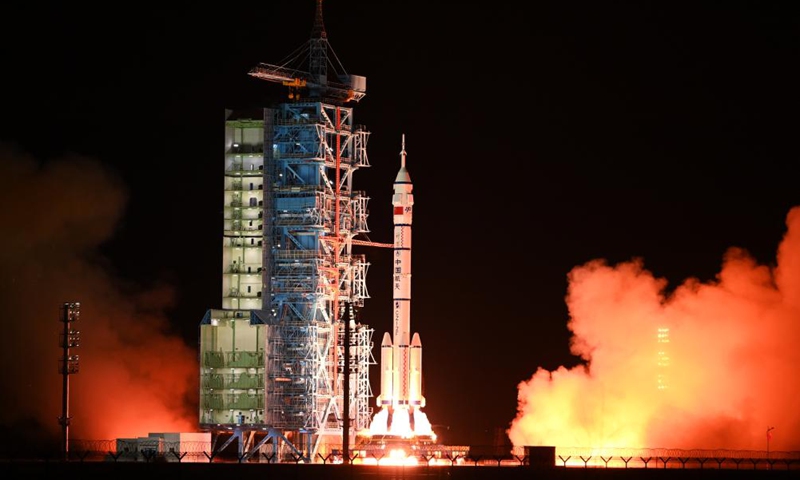Mirror platform for science experiments on China's space station now operational

According to the National Space Science Center (NSSC) of the Chinese Academy of Sciences, the scientific experiment mirror platform of the China Space Station has recently entered operation phase, providing critical support for scientific research conducted on the station.
The mirror platform is equipped with 14 scientific experiment cabinets, as well as corresponding information, power distribution, fluid cooling and other public support equipment inside and outside the cabin. It is a scientific experiment system on the ground that operates in parallel with the China Space Station. The matching and verification experiments of a large number of scientific experiments that are about to be carried out by the crew members of the Shenzhou 19 spacecraft have already been done there before its launch.
As a critical component of the national space laboratory's ground infrastructure, the mirror platform serves three primary purposes. First, final testing of scientific payloads destined for the Shenzhou and Tianzhou spacecrafts is conducted here before launch, and astronauts can also conduct operational training for scientific experiments. Second, scientific experiments scheduled for the China Space Station can be simulated in advance. Last, in the event of an in-orbit fault, troubleshooting and solution verification can be carried out here, and space-to-ground comparison experiments are supported.
On October 30, China Space Station welcomed the new Shenzhou 19 crew. The three taikonauts on Shenzhou 19 spaceflight mission entered the Tiangong Space Station and met with the other taikonaut trio stationed there.
The primary goals of Shenzhou 19 are to reside on the space station for about six months, conduct space science and application experiments, perform extravehicular activities (EVAs), manage cargo entry and exit, install and recover space debris protection devices and other external equipment on the space station.
The scheduled experiments during the mission include an unprecedented exposure experiment involving bricks made from simulated lunar soil -- a potential building material for future habitats on the moon. The mission carries great importance for the country's development of future manned lunar projects.